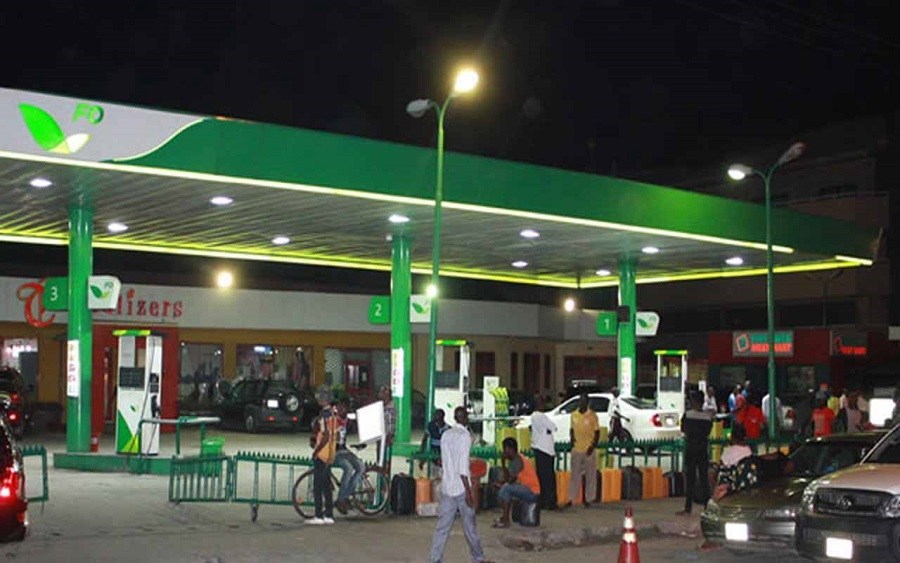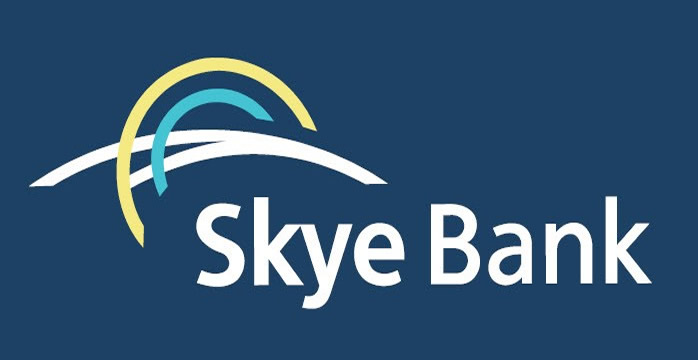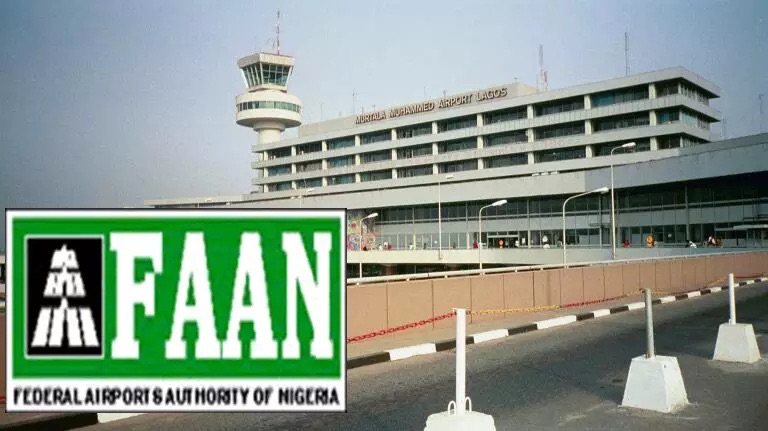Some directors of the National Intelligence Agency (NIA) have written to the House of Representatives Committee on Security and National Intelligence to prevail on President Muhammadu Buhari to drop Ahmed Rufai Abubakar as the new director-general of the agency.
Writing for and on behalf of Concerned Directors of the National Intelligence Agency, they used pseudo names such as E. O. Olanrewaju, Nelson Obiakor and Ahmed Sarki to protect their real identities.
The directors, in an advertorial published in major national dailies on Thursday, described Abubakar as a misfit and unqualified for the post of DG of the NIA.
Since his appointment a few weeks ago by the president, various allegations have come to light over Abubakar’s nationality and competence to head the NIA.
Although the presidency came out stoutly at the weekend to defend the new NIA boss, the directors, in their letter to the House committee, said Abubakar failed to merit elevation to the rank of director and had retired from the service (NIA), but has now been appointed to come and preside over people who are not only his seniors in rank, but who fit into the order of precedence.
They said since the inception of the agency 32 years ago, nobody below the rank of director had been appointed as head of the NIA.
They warned that Abubakar’s appointment as DG would certainly set a dangerous precedent, with equally dangerous implications.
They threatened that should Abubakar go ahead with his plans to sack all the directors of the agency, the country should expect massive leaks of intelligence to hostile countries.
They told the lawmakers that the Clandestine Operations Unit of the NIA had been ordered to manufacture and clone documents that could be used to defend Abubakar, who from all indications was facing a legitimacy crisis.
They urged the committee to, in the interest of national unity, the federal character principle as enshrined in the constitution, fairness, justice, or even for common sense, prevail on the president to drop Abubakar as the DG of the NIA in the face of the obvious odds against his appointment.
“Coupled with this fact, it is an aberration to thrust the headship of Nigeria’s most sensitive security and intelligence organisation in the hands of people from the same ethnic stock, state and even town.
“In a country of over 200 million people, we feel it was not only highly contemptuous but dangerous,” they added.
Quoting Professor Itsey Sagay (SAN), the directors said they were indeed uncomfortable with Abubakar’s appointment.
They said: “Already, the nation is in a precarious security condition, and further penetration by hostile intelligence services could portend an even greater danger.
“It is very unlikely that we will be insulated from penetration if we are treated as renegades after putting in our best for the country.”
The directors noted that they were aware that part of the new DG’s agenda was to retire those of them who were once his seniors, because he was unlikely to want to work with them.
“It is evident that he will pursue a vendetta mission, which he has already indicated in his very first address to us.
“While we wish to state that he is at liberty to go ahead with what we know he intends to do, we wish to point out the underlying dangers in a massive purge of senior officers of the agency, to the effect that, not only will the millions of dollars spent on training and retraining us be lost, we are also custodians of the country’s intelligence dossiers and may decide to use same for mischief,” they warned.
The directors also alerted the nation to what they described as “an imminent threat to the cohesion for which the NIA has been known, as this is the first time a director-general was picked from the rank below that of a director”.
They warned that the nation’s security would likely become precarious under Abubakar whose link to Chad was investigated by the intelligence agency.
“In the event that Ahmed Rufai Abubakar finds it difficult to work with those of us who are still in service and who have better credentials, the choice left to the authorities is to revert to the status quo and allow a serving director who understands the dynamics to continue.
“Having failed promotion examinations to the directorship rank, which we can attest to, we make bold to state that it amounts to administrative suicide to allow a practical misfit take over the agency and later mortgage same to his paymasters, who have ulterior motives,” they stated.
The directors maintained that since the federal government itself had admitted that Abubakar was born and bred in Chad, “while on the other hand he claimed to have been born in Nigeria; at least going by his records and his CV, suffice it to point out that there is an obvious contradiction”.
They therefore called on the House to thoroughly look into this seeming discrepancy.
“As insiders, we are in a position to state that the process of vetting in respect of the new NIA DG negates conventional practice, as nobody has visited Chad where he claims to have grown up and schooled to probe into his differential associates, or even his likely espionage roles,” they added.
They explained that the rule requires that anybody being considered for such a strategic position must be vetted from the cradle.
“It is an incontrovertible fact that Rufai Abubakar’s links with Chad, a country with likely rival interest with Nigeria, makes Rufai suspect and not fit to head the country’s elite intelligence agency.
“It is necessary for us to alert that the issue of likely doubtful loyalty, is a serious issue in intelligence corridors. Where a person’s nationality or that of his spouse becomes unclear, thorough vetting from the cradle becomes even more demanding.
“In this case, it is very dangerous that the vetting process has been compromised, which is an ominous danger to the nation’s security,” they said.
The directors also said that it had become necessary to investigate the activities of the presidential panel under the leadership of Ambassador Babagana Kingibe and the current DG, noting that the panel was in the first place a contemptuous affront on the Office of the Vice-President.
According to them, “It is unheard of for an officer with a lower rank being appointed to review the work of a higher officer; more so the vice-president of the country.
“It is very curious that paragraph 4(1) of the recommendations of the Kingibe panel prescribes that a serving director should be picked as the director-general, only for the same characters that sat in judgment over the need to reorganise the NIA, turning around to violate its own recommendations, by picking one of them to contemptuously assume duty as head of the NIA.
“It is very clear from the onset that the Presidential Review Panel (PRP) led by Ambassador Babagana Kingibe was inaugurated purposely to defend Ambassador Ayo Oke, who had often threatened to spill the beans when the chips were down, as he will not sink alone.
“Oke had severally threatened to expose the beneficiaries of his largesse if they allowed him to be disgraced.
“The other obvious motive was to ensure that the remaining $44 million of the NIA intervention fund is kept within the reach of the cabal. The refusal of the immediate past acting DG, Muhammed Dauda, to allow them access to the money may be the under pinning reason for his removal.”
They asked the House committee to demand from the Kingibe-led panel a copy of its report and that of the vice-president, and probe if there was any substantial divergence.
“As the conscience of our democratic quest, we request you to look passionately into the issues raised and observations from other quarters where you can see that merit, fairness, justice, equity and competence have been sacrificed (on a platter of selfish personal quest) by Ambassador Babagana Kingibe and his associates,” they said.


